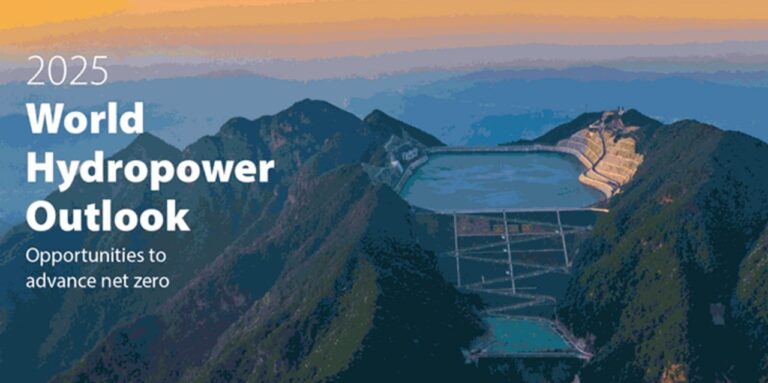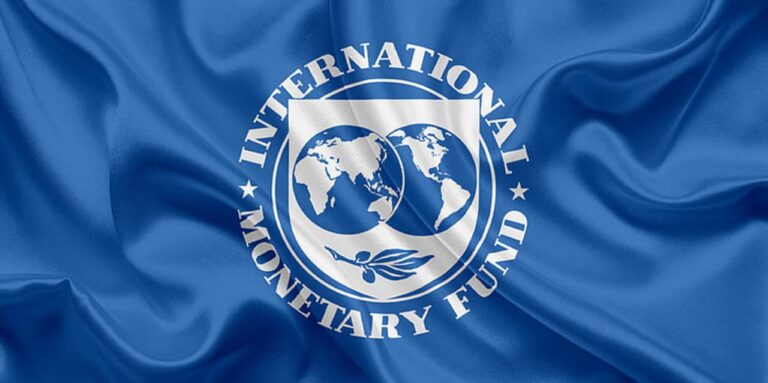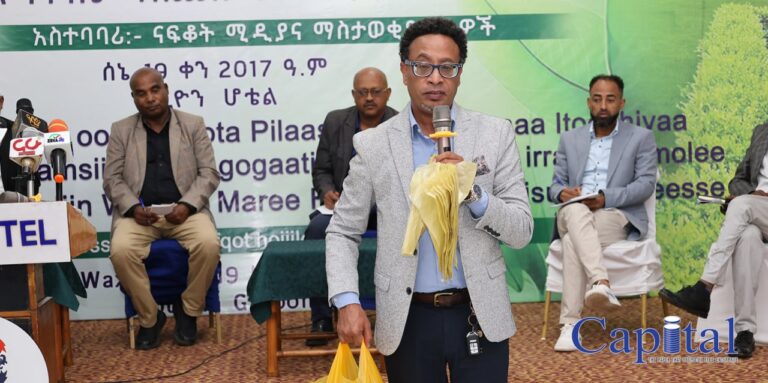East Africa is undergoing a dramatic transformation in its energy sector, with hydropower at the heart of the region’s clean energy ambitions. Ethiopia is at the forefront of this movement, leveraging its vast water resources to drive energy security, economic growth, and climate resilience—mirroring global trends highlighted in the 2025 World Hydropower Outlook1.
The centerpiece of Ethiopia’s hydropower strategy is the Grand Ethiopian Renaissance Dam (GERD), now recognized as Africa’s largest hydropower facility. By April 2025, GERD had reached 98.66% completion, with six turbines operational and full capacity expected later this year. The dam currently provides 2,150 MW of electricity and is set to achieve a total capacity of 5,150 MW once all turbines are online. In its first ten months of operation, GERD generated over 2,700 GWh of electricity—26% above projections—demonstrating the project’s efficiency and the country’s improved water management.
Beyond domestic supply, GERD is poised to bolster regional energy exports, supporting neighboring countries such as Kenya, Uganda, and Sudan, and strengthening Ethiopia’s position as a regional energy powerhouse.
Ethiopia’s hydropower ambitions extend well beyond GERD. Several major projects are in development, including: Genale Dawa 5 (100 MW) where construction is set to begin with commercial operations expected by 2028 and Halelle Werabesa II (326 MW) located in the Guraghe region, this plant is in pre-construction and will further expand the country’s hydropower output.
These projects align with Ethiopia’s vision to become a major electricity exporter by 2030, supporting both domestic industrialization and regional energy integration.
Ethiopia’s leadership in hydropower reflects a broader global trend. According to the 2025 World Hydropower Outlook, hydropower remains the world’s largest source of renewable electricity, supplying 14.3% of global power. In 2024 alone, global hydropower generation increased by approximately 10% to 4,578 TWh, with installed capacity reaching 1,443 GW1. The sector is also experiencing rapid growth in pumped storage hydropower (PSH), which is crucial for grid stability and integrating variable renewables.
The global pipeline for hydropower remains robust, with over 475 GW of conventional projects and 600 GW of pumped storage projects planned. However, challenges such as climate change, water scarcity, and the need for modernization persist worldwide.
Ethiopia’s leadership is mirrored by hydropower developments across East Africa. Tanzania’s Julius Nyerere Hydropower Plant, now fully operational, delivers 2,115 MW to the national grid, making it the largest in East Africa and the second largest on the continent. Kenya and Uganda are also investing in new hydro projects to meet rising energy demand and diversify their power mix.
However, the region faces challenges from climate change, with recurring droughts and water variability impacting hydropower generation. The World Hydropower Outlook notes that climate change is intensifying competition for water resources globally, making efficient water management and infrastructure resilience critical for future energy security. Ethiopia’s proactive approach in these areas offers important lessons for neighboring countries.
Ethiopia’s hydropower expansion is not only about energy generation. By reducing dependence on fossil fuels, these projects are helping to combat climate change, foster economic development, and promote cross-border collaboration. The interconnected power grid envisioned by Ethiopia and its neighbors is expected to enhance energy security and drive shared prosperity across East Africa.
Globally, hydropower’s flexibility and storage capabilities are increasingly valued for their role in stabilizing electricity markets and supporting the integration of renewables—a trend that is shaping policy and investment decisions from Africa to Asia and beyond.







